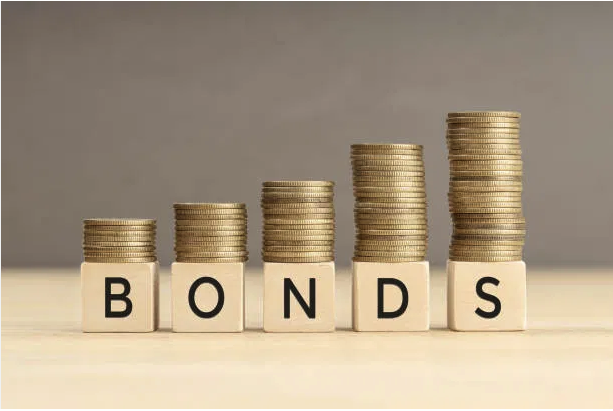The Thai Bond Market Association (ThaiBMA) anticipates that corporate bond issuance will reach between 850-900 billion baht in 2025, maintaining levels similar to the previous year, despite the economic slowdown and recent earthquake impacts.
The reciprocal tariffs announced by US President Donald Trump last week could affect property developers, potentially leading to credit rating downgrades.
Ariya Tiranaprakit, executive vice-president of ThaiBMA, stated that small companies will face greater challenges in raising funds through the bond market during the ongoing economic slowdown, as investors shift their focus away from high-yield bonds towards those with higher credit ratings.
In contrast, larger corporations are increasingly opting to issue bonds through public offerings (POs), particularly in an environment of declining interest rates. For instance, Gulf Energy Development successfully raised 30 billion baht through a bond PO in the first quarter.
“Amidst global uncertainties impacting the stock market—such as trade wars, US tariff increases, and the earthquake—some local and foreign investors have shifted their investments back to the bond market as a safer asset,” Ms. Ariya remarked.
The Thai bond market grew by 2.2% in the three months leading to March, primarily driven by an increase in government bonds. Meanwhile, the outstanding value of corporate bonds remained stable, with higher-rated bonds experiencing more issuances than maturities.
According to ThaiBMA, foreign investors were net buyers of Thai bonds to the tune of 18 billion baht year-to-date. Although they sold a net 12 billion baht in January, buying activity rebounded in February and March with net purchases totaling 22.3 billion baht following Trump’s inauguration.
By the end of the first quarter, foreign holdings in Thai bonds reached 874 billion baht, representing 5% of the total bond market.
A market survey indicated that the Bank of Thailand may reduce its policy rate one to two times in the latter half of the year, with total reductions expected between 25 to 50 basis points (bps) for 2025.
Managing Director Somjin Sornpaisarn reported that the outstanding value of Thailand’s bond market stood at 17.5 trillion baht by the end of the first quarter, reflecting a 2.2% year-on-year increase, driven by the growth of government bonds.
Long-term corporate bond issuance amounted to 204 billion baht, down 1.76% compared to the previous year. Investment-grade bonds saw more issuances than maturities, while high-yield bonds experienced fewer new issuances than maturities.
The top three sectors for bond issuance in the first quarter of 2025 were energy, property, and finance.
The government bond yield curve declined, especially in late February after the central bank’s unexpected rate cut to 2%. Consequently, the yields for two-, five-, and ten-year bonds fell by 31-35 bps from the end of 2024, reaching 1.69%, 1.74%, and 1.99%, respectively.
Corporate bond yields also fell, with five-year yields varying by rating declining by 26-52 bps: 2.29% for AAA-rated bonds, 2.63% for AA-rated bonds, 3.01% for A-rated bonds, and 4.31% for BBB+ rated bonds.
For the remainder of 2025, yields on five- and ten-year bonds are expected to decrease by 4-7 bps, primarily due to the central bank’s monetary policy direction, Thailand’s economic growth projections, and interest rate trends in major economies. Mr. Somjin noted that the Thai bond market will likely remain sensitive to global monetary policies and domestic economic shifts in the coming quarters.
The ThaiBMA reported that high-yield bonds maturing in 2025 total 95 billion baht, with 14% facing rollover difficulties, mostly from smaller issuers that may need bondholder approval to defer debt payments to avoid defaults.
“While bond defaults have decreased, issuers often seek bondholder consent to delay payments, resulting in fewer defaults,” Mr. Somjin explained.





